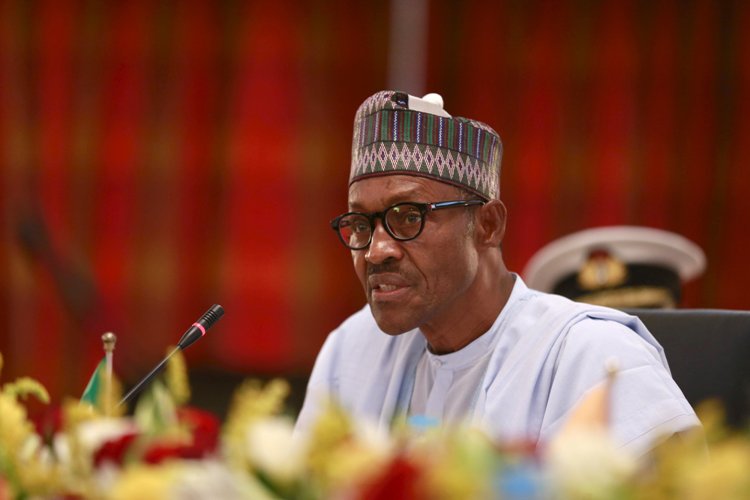President Muhammadu Buhari on Monday said that a significant proportion of Nigeria’s prosperity today is concentrated in the hands of a few people.
He said those few people are currently living primarily in four or five states and the Federal Capital Territory.
The President said this at the opening session of the 25th Nigerian Economic Summit held in Abuja.
He said while only five states had most of the wealthy people, the remaining 31 states have about 150 million people waiting for better opportunities to thrive.
The President said a prosperous society is one where the majority of its citizens have an acceptable standard of living and a decent quality of life.
He said his administration understood the need for Nigerians to have a better lifestyle adding that this was why measures have been put in place to reduce the level of unemployment and poverty.
In his words: ‘‘Today, many mistake prosperity with wealth. They are not necessarily the same.
‘‘Experts and analysts explain economic trends by making references to indicators of wealth.
‘‘Wealth, however, in its simplistic form, is money or other assets. In recent years, global events have shown that when a society and its leaders are driven and motivated by these alone, the ultimate outcome is a divided state of severe inequalities.
‘‘But a prosperous society is one where majority of its citizens have an acceptable standard of living and a decent quality of life,’’ he said.
The President also used the occasion to affirm that in addressing population growth, security and corruption matters in developing economies, policies and programmes must focus on promoting inclusivity and collective prosperity.
‘‘Nigeria is a country with close to 200 million people living in 36 states and the FCT.
‘‘A significant proportion of Nigeria’s prosperity today is concentrated in the hands of a few people living primarily in four or five states and the FCT. Some of the most prosperous Nigerians are here in this room.
‘‘This leaves the remaining 31 States with close to 150 million people in a state of expectancy and hope for better opportunity to thrive. This, in the most basic form, drives the migratory and security trends we are seeing today both in Nigeria and across the region,” he added.



